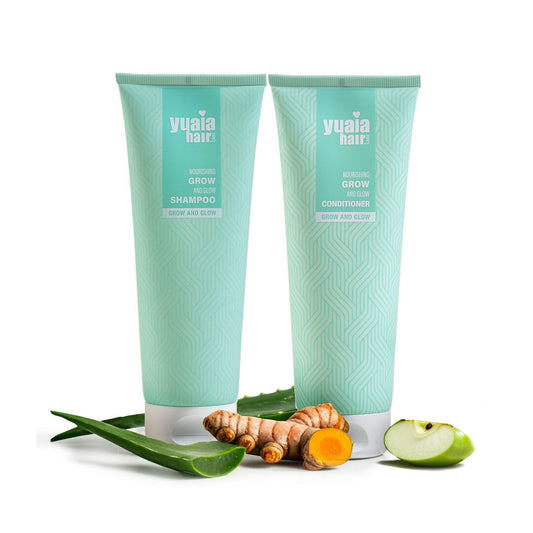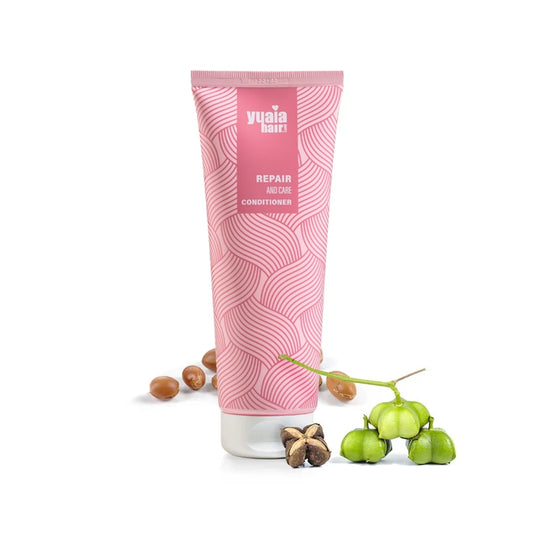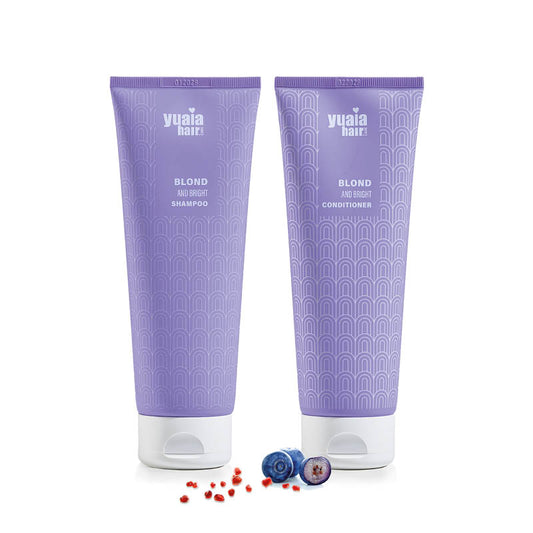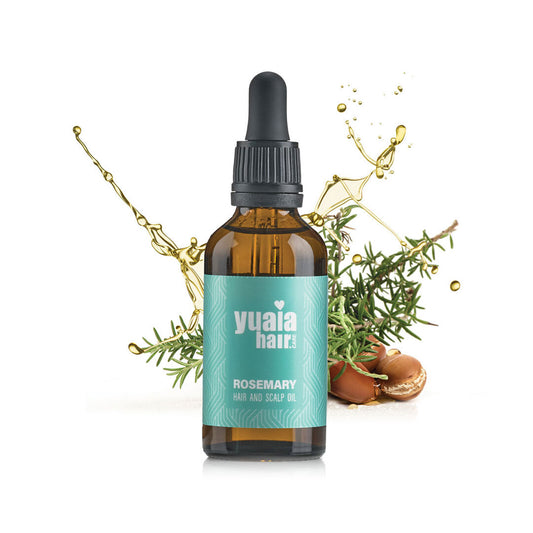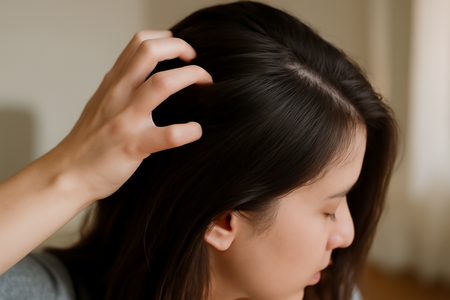
Debunking the Myth: Is Itchy Scalp a Sign of Hair Growth?
Despite popular belief, there is no substantial evidence linking an itchy scalp to hair growth. Instead, itchiness is often a symptom of other scalp issues. Common triggers include scalp dryness, dermatitis, fungal infections, and allergic reactions. These conditions can lead to inflammation and irritation, causing discomfort but not necessarily indicating hair growth.
In rare instances, individuals undergoing hair loss treatments might experience mild tingling as new hair emerges. However, this sensation is not a reliable indicator of hair growth for the general population. Understanding this distinction is crucial for managing expectations and focusing on effective scalp care.
Common Causes of Itchy Scalp and Related Hair Issues
Several conditions can lead to an itchy scalp, often accompanied by other hair and scalp issues. Fungal infections, such as tinea capitis, are a common cause and require targeted antifungal treatments. Seborrheic dermatitis and scalp psoriasis are also prevalent, causing red, scaly patches that can be intensely itchy.
Allergic reactions to hair products are another frequent culprit. Ingredients in shampoos, conditioners, and styling products can irritate the scalp, leading to itchiness and inflammation. It's essential to identify and avoid these irritants to maintain scalp health.
Excessive scratching, while a natural response to itchiness, can further damage the scalp and hair follicles. This can exacerbate existing conditions and potentially lead to hair loss if the underlying cause is not addressed.
Treatment and Management of Itchy Scalp
Addressing the root cause of an itchy scalp is important for effective treatment and long-term relief. Various treatments are available, depending on the underlying issue. Topical steroids can help reduce inflammation and itching caused by conditions like seborrheic dermatitis or psoriasis. Antifungal treatments are essential for managing fungal infections such as tinea capitis. For those with dandruff, anti-dandruff shampoos can be beneficial in alleviating symptoms.
Incorporating gentle scalp care practices can further support scalp health. Regular scalp massages can increase blood circulation, promoting a healthy environment for hair. Essential oils, such as rosemary oil, can be soothing when properly diluted and applied to the scalp. However, it's crucial to ensure any treatment aligns with the specific needs of your scalp condition.
Nurturing a Healthy Scalp: Our Approach
At Yuaia Haircare, we believe in nurturing a healthy scalp environment through the use of gentle, effective products. Our sulfate-free and silicone-free formulations are designed to soothe irritation without the use of harsh chemicals. By emphasizing natural ingredients, our hair care line aims to maintain an optimal scalp environment, reducing the risk of irritation and promoting overall scalp health.
Frequently Asked Questions
Can an itchy scalp lead to hair loss?
Yes, if the underlying cause of the itchiness is not addressed, it can lead to inflammation and potential hair loss. Conditions like seborrheic dermatitis or psoriasis can damage hair follicles if left untreated.
What are some quick remedies for an itchy scalp?
Using gentle shampoos, avoiding harsh hair products, and incorporating soothing oils like rosemary can provide relief. Regular scalp massages can also help improve circulation and alleviate discomfort.
When should I see a specialist for an itchy scalp?
If the itchiness is persistent, severe, or accompanied by hair loss, consulting a healthcare professional is advisable to determine the underlying cause and appropriate treatment.
Unraveling the Truth About Scalp Itchiness
While an itchy scalp is rarely a sign of hair growth, it often indicates underlying scalp issues that require attention. By focusing on maintaining a healthy scalp environment through gentle care and appropriate treatments, you can support both scalp and hair health. Understanding the true causes of scalp itchiness can lead to better hair health and overall well-being, allowing you to make informed decisions about your hair care routine.
 2-4 day UK delivery
2-4 day UK delivery
 25.000+ satisfied customers
25.000+ satisfied customers
 Satisfaction Guarantee
Satisfaction Guarantee



















